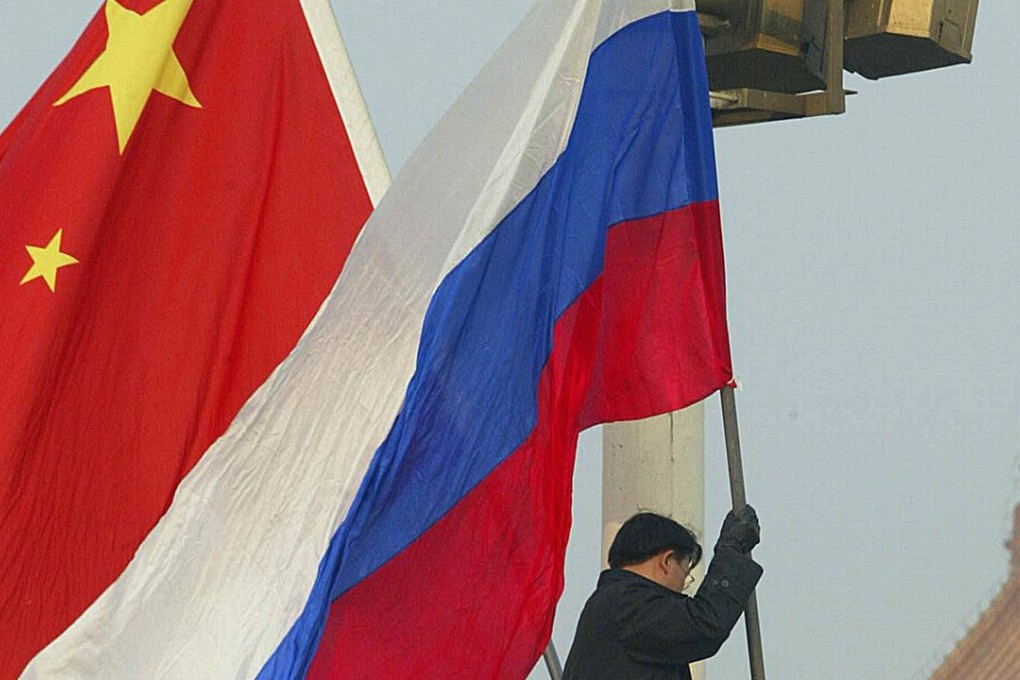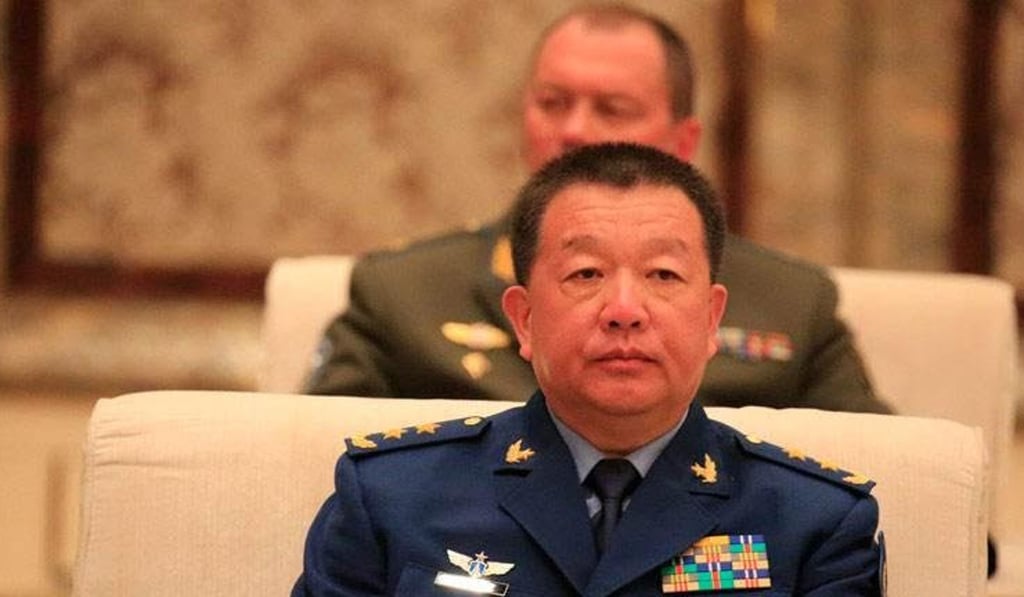China, Russia wrap up anti-missile drills simulating ‘sudden and provocative attacks’
Analysts say week-long exercise was a clear response to mounting tensions over Pyongyang’s nuclear programme

China and Russia have finished a week of joint anti-missile drills simulating “sudden and provocative attacks” from an unspecified source, the Chinese defence ministry said on Sunday.
Analysts said the exercise scenario was a clear response to mounting tensions between Washington and Pyongyang over North Korea’s nuclear and missile programme.
The computer-simulated exercise, dubbed Airspace Security 2017, wrapped up on Saturday in Beijing, the defence ministry said in a statement. The People’s Liberation Army Air Force and Russian Aerospace Forces carried out drills in combat planning, commanding, firefighting coordination and other anti-missile operations, it said.
“The exercise focused on how to jointly cope with any sudden and provocative attack from ballistic and cruise missiles on the two countries’ territories,” the statement said, adding that both sides had made some breakthroughs during the drills.
